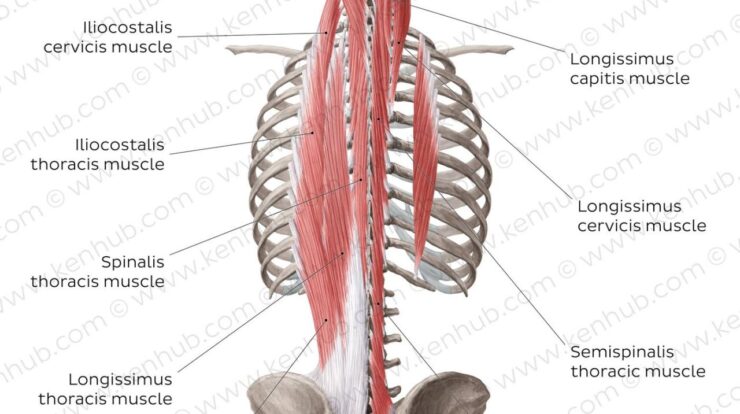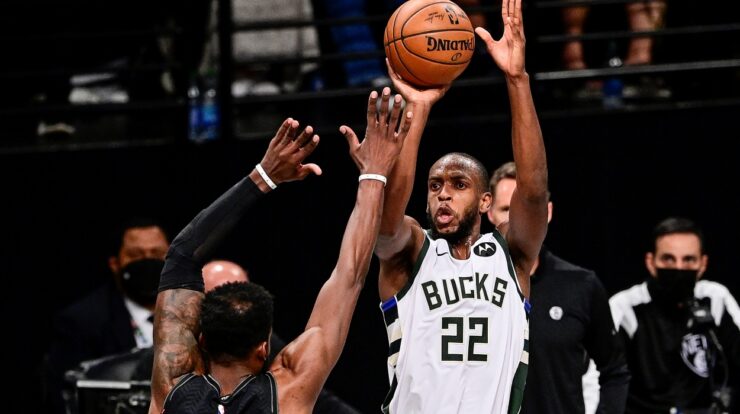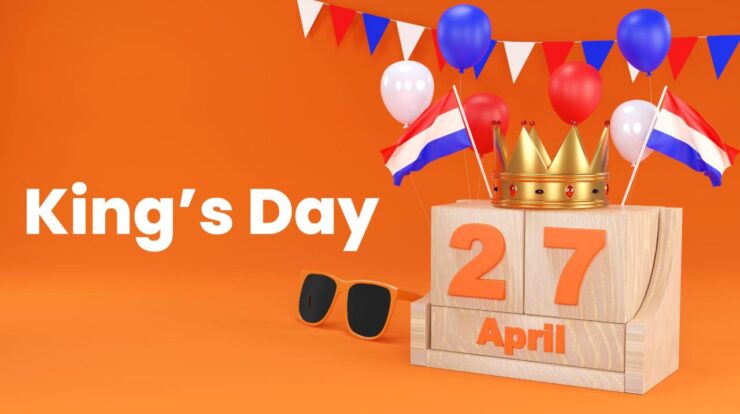
The Netherlands’ monarchy, with its rich history and captivating traditions, has played a pivotal role in shaping the nation’s identity. At the helm of this esteemed institution stands the Netherlands King, a figurehead who embodies the country’s heritage and serves as a symbol of unity.
From the annals of history to the present day, the Netherlands King has witnessed and influenced countless events that have left an enduring mark on the Netherlands’ political, social, and cultural landscape.
The Netherlands Monarchy: A Historical Reign
The Netherlands monarchy has a rich and storied history, with the king playing a central role in the country’s political and social development. The monarchy traces its roots back to the 16th century, when the Netherlands gained independence from the Spanish Empire.
The first Dutch monarch was William the Silent, who led the Dutch revolt against Spain. Since then, the Netherlands has been ruled by a succession of monarchs from the House of Orange-Nassau.Throughout its history, the Dutch monarchy has faced numerous challenges, including wars, economic crises, and political instability.
However, the monarchy has always managed to weather these storms and remain a symbol of national unity and stability. In recent years, the monarchy has undergone a period of modernization, with the current king, Willem-Alexander, taking a more active role in public life.
Current Monarch: King Willem-Alexander
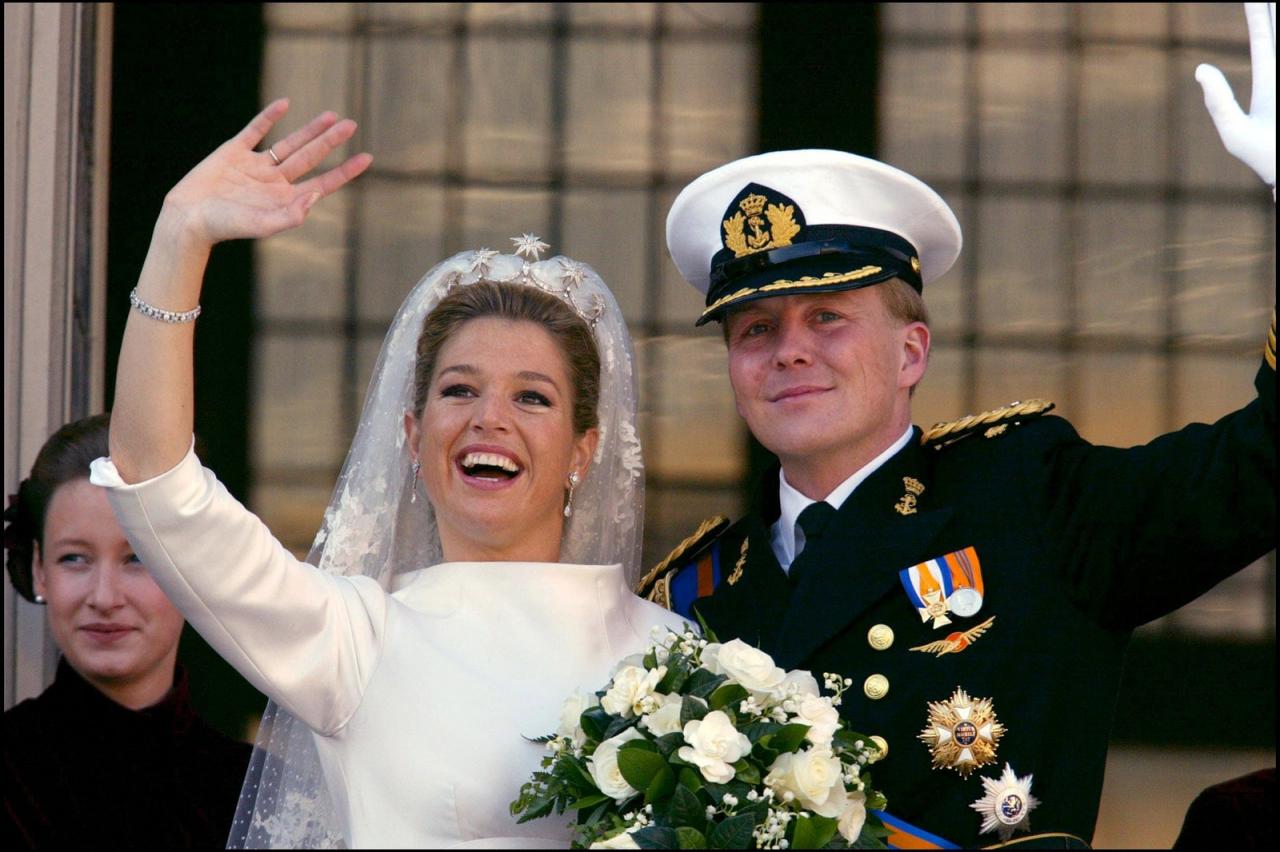
King Willem-Alexander is the current reigning monarch of the Netherlands. He was born on April 27, 1967, in Utrecht, Netherlands. He is the eldest son of Queen Beatrix and Prince Claus. King Willem-Alexander studied history at Leiden University and received a master’s degree in international relations from Oxford University.
He married Máxima Zorreguieta Cerruti in 2002, and they have three daughters: Catharina-Amalia, Alexia, and Ariane.King Willem-Alexander is a popular figure in the Netherlands. He is known for his approachable personality and his commitment to public service. He is also a strong advocate for environmental protection and sustainable development.
Royal Family and Succession
The Dutch royal family is relatively small, consisting of the king, queen, and their three daughters. The line of succession is determined by male primogeniture, meaning that the eldest son of the king is the heir to the throne. If the king does not have any sons, the throne passes to his eldest daughter.Other
members of the royal family include the king’s mother, Queen Beatrix, and his sister, Princess Margriet. Queen Beatrix abdicated in favor of her son in 2013, and Princess Margriet is the current head of the Council of State, which advises the king on matters of government.
Royal Residences
The Dutch royal family has a number of official residences, including the Royal Palace of Amsterdam, the Noordeinde Palace in The Hague, and the Huis ten Bosch Palace in The Hague. The Royal Palace of Amsterdam is the official residence of the king and queen, and it is used for state receptions and other official events.
The Noordeinde Palace is the king’s workplace, and it is where he holds meetings with government officials and foreign dignitaries. The Huis ten Bosch Palace is a private residence of the royal family, and it is where they spend most of their time.
Royal Ceremonies and Traditions
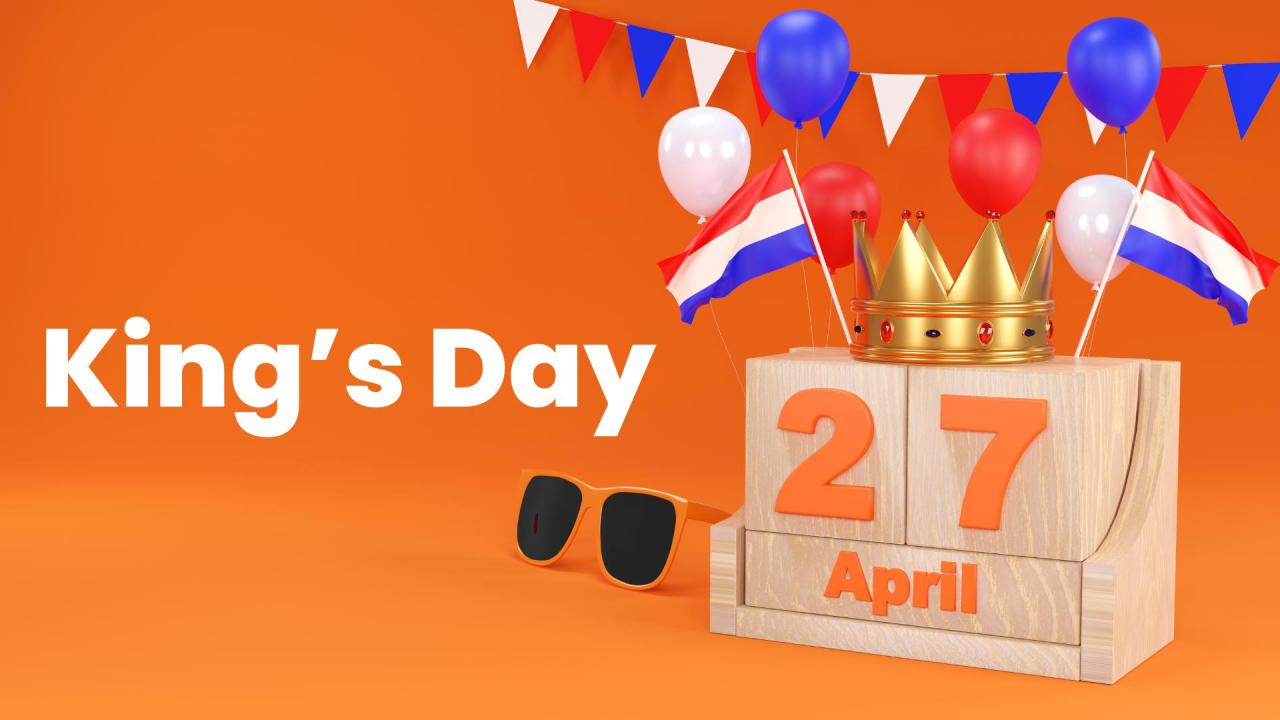
The Dutch monarchy is associated with a number of ceremonies and traditions. The most important of these is the coronation ceremony, which takes place in the Nieuwe Kerk in Amsterdam. The coronation ceremony is a religious ceremony, and it is presided over by the Archbishop of Utrecht.
Other important ceremonies include the investiture of the new king or queen, state banquets, and the opening of parliament.The Dutch monarchy also has a number of traditions, such as the annual King’s Day celebration. King’s Day is a national holiday in the Netherlands, and it is celebrated with parades, festivals, and other events.
Public Perception and Role
The Dutch monarchy is generally popular among the Dutch people. The king is seen as a symbol of national unity and stability, and he is respected for his commitment to public service. However, there is a small minority of people who believe that the monarchy is outdated and should be abolished.The
king’s role is largely ceremonial, but he does have some political power. He can appoint and dismiss the prime minister and other government officials, and he can veto laws passed by parliament. However, the king rarely exercises these powers, and he generally follows the advice of the prime minister and other government officials.
Closing Summary
As the Netherlands King continues to navigate the complexities of modern society, the monarchy’s relevance and significance remain subjects of ongoing discussion. Whether as a symbol of national pride or an embodiment of tradition, the Netherlands King stands as a testament to the enduring power of history and the enduring bonds that unite a nation.
Popular Questions: Netherlands King
Who is the current Netherlands King?
King Willem-Alexander
What is the line of succession to the Netherlands throne?
The eldest child of the reigning monarch, regardless of gender
What are the official residences of the Netherlands royal family?
Noordeinde Palace, Huis ten Bosch Palace, Royal Palace of Amsterdam
